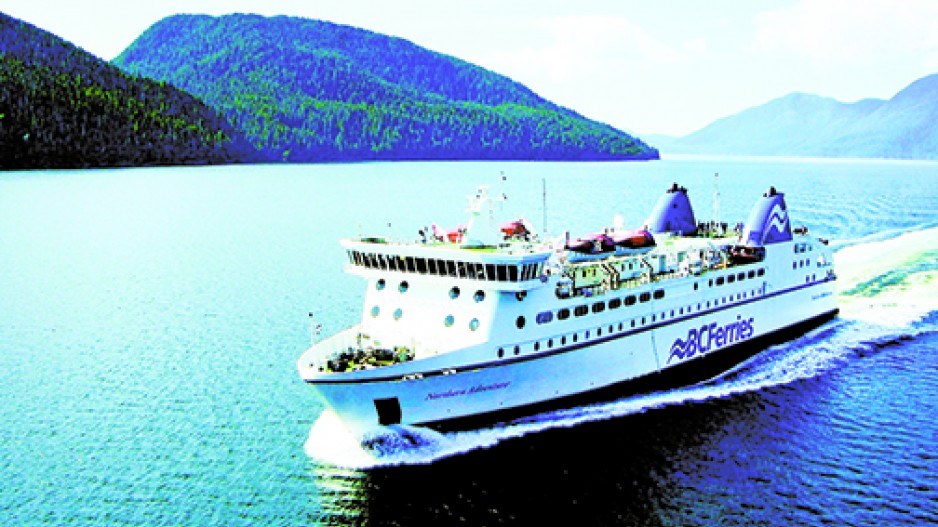What if there was an essential service – one that millions of people would surely be willing to pay money for – that no one in the private sector wanted to invest in?
“When it comes to something like Canada Post – I don’t know who would take that on at this stage if Canada Post wasn’t continuing to do it,” said Cristie Ford, director of the University of B.C.’s (UBC) Centre for Business Law.
“Postal services just aren’t economically viable anymore.”
The burden of providing certain services, she said, falls on government-established Crown corporations.
There are 36 provincial Crown corporations in B.C. ranging from the B.C. Lottery Corp. to the Liquor Distribution Branch. Among the most prominent – or at least the ones most familiar to of British Columbians – are BC Hydro and the Insurance Corporation of B.C.
“There aren’t that many left and the ones that are left are not occupying spaces that private sector actors are either well-equipped or super-eager to take over,” Ford said.
Originally, chartered companies such as the Hudson’s Bay Company, despite being privately owned, were mandated to help realize the British government’s efforts to colonize North America before Canada was a country.
And one of the conditions for Confederation was the construction of a government-built railway connecting the first four colonies.
“There was the sense there was an important job that had to be done and that a corporate structure was a good structure for doing that,” Ford said. “It makes more sense than having a job done out of a ministry where the bureaucratic structure doesn’t lend itself to that outcome.”
British Columbia eventually went on to establish Crown corporations such as BC Rail, BC Transit and the Transportation Investment Corporation, which operates the new Port Mann Bridge.
But the number of federal Crown corporations has waned since the 1980s and 1990s with the privatization of notable players such as Air Canada (1988), De Havilland Aircraft Co. (1986), Petro-Canada (1991) and Canadian National Railway (1995).
As of 2014, there are 45 federal Crown corporations. This followed the privatization of 35 Crown corporations, the bulk of which occurred during the 1980s.
UBC political science professor Allan Tupper said while it’s difficult to point to a single reason for their decline, changing economic climates – and governments’ eagerness to cash in on assets – made some of them less viable.
B.C. Ferries, for example, was deep in debt when it was reorganized as a privately managed company in 2003 (the provincial government is its sole shareholder).
Tupper said resistance to Crown corporations often stems from the belief they have no place in a market-based economy.
But he pointed out the substantial capital investment they’ve made developing services and infrastructure has greatly benefited the private sector.
“A desire to have pricing formulas that emerged from [Crown corporations]…kept prices low for both consumers, but also for major industrial users, particularly in the resource sector,” he told Business in Vancouver.
As for the future, Tupper said it’s still possible Canada Post could be privatized, similar to what happened to the Royal Mail in the U.K.
But after that, the pickings appear to be slim.
“You’ve seen most of the privatizations that are really feasible or desirable in the Canadian public mind right now,” he said.




